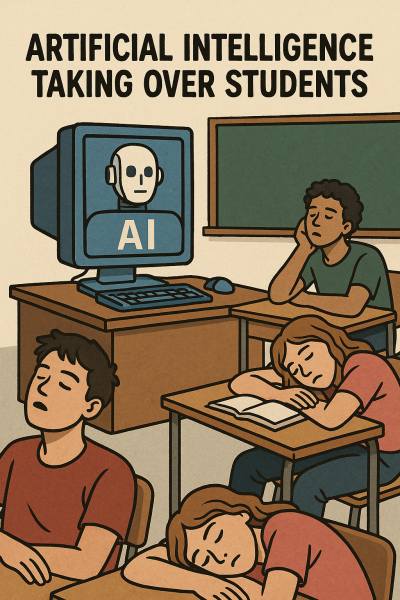Online Friendships and The Reality Of Today

The invention of the internet allowed for unparalleled connectivity. I’m sure you’ve all heard that before, however, nobody really explains what that means for socializing. Online interaction is largely seen by older (and thus the majority) of people as either corporate or superficial, with interpersonal interaction seen as dangerous. This method of thought is outdated.
Freedom has always been a major facet of the internet, the platform for groups and ideas that otherwise would not exist. Online interaction can often free people from stereotypes, discrimination, or otherwise by allowing one to find others of similar. A good example would be LGBTQ people who might face persecution in their own home or country. It can be as simple as an interest like military aviation.
Online interaction can open up social interaction to those otherwise condemned to being alone most of the time. I myself have mild autism, a recent diagnosis, while my history of making friends online is before I found out I had such a condition, I can say without a doubt the fact I have had a lot of online interaction has made real life interaction much easier. My Mom worries that in college I will “not be able to find my group of people” and while being alone is always a possibility, I am at least far more versed in interaction with my peers than my Mom realizes.
A very reasonable fear in online interaction is predators, people trying to use you, or just generally not very nice people, on top of the possibility of encountering non-age-appropriate media. Now in regards to online predators, they are mainly a threat to younger more impressionable people, particularly those who lack good parental figures. Predators are very easy to spot for someone who is not verunable and the internet has a lot of methods for getting away from that person. As for rude or annoying people, it is the same as in real life, you’re going to encounter bad people, why is it a “learning experience” in real life but we must avoid it at all costs online. Less than appropriate content is also of similar matter, I’m sure any parent or student reading this has seen what I’m talking about by choice or not (likely by that one friend who thinks they are older than they really are). What matters as a parent is to not try and avoid the inevitable but rather of what to think of it. Moreover, the parents that abide by the philosophy that life is never fair and every moment of suffering is just a learning experience should love to give their child unlimited internet access. I’ve lost people who I thought were my friends, I’ve met not so great people, what is maddening is not that it happened but that it is viewed as lesser or stupid by many people just because it was online. Yes, I’m aware this attitude has been changing for awhile but it’s oh so slow. It would be beneficial for this change to pick up pace.
I’m sure in due time we will look at things like online interaction differently, but it’s best if we continue to push that change.

Hello, my name is Henry Golbitz although I mainly go by Harry. I am currently a Junior at Triton Regional High School. As per the average teenager, I have...







